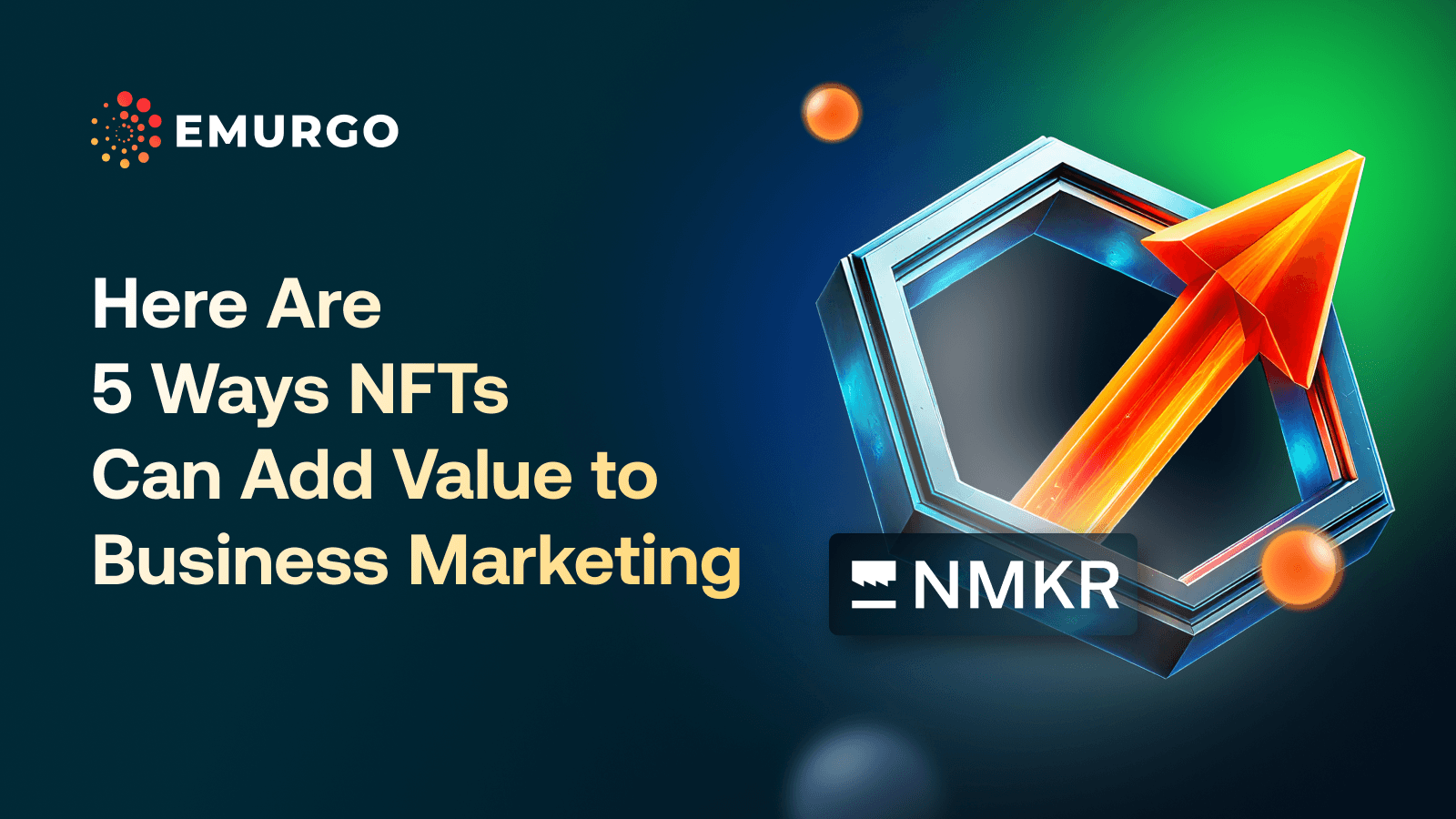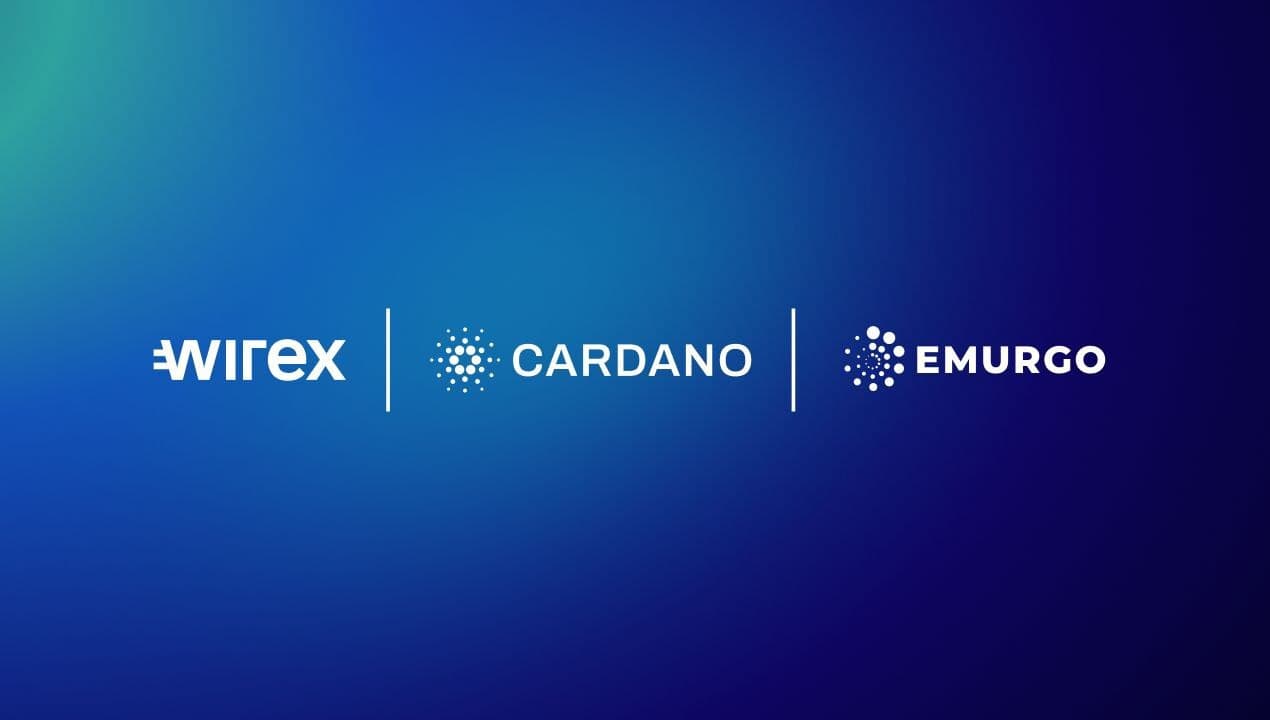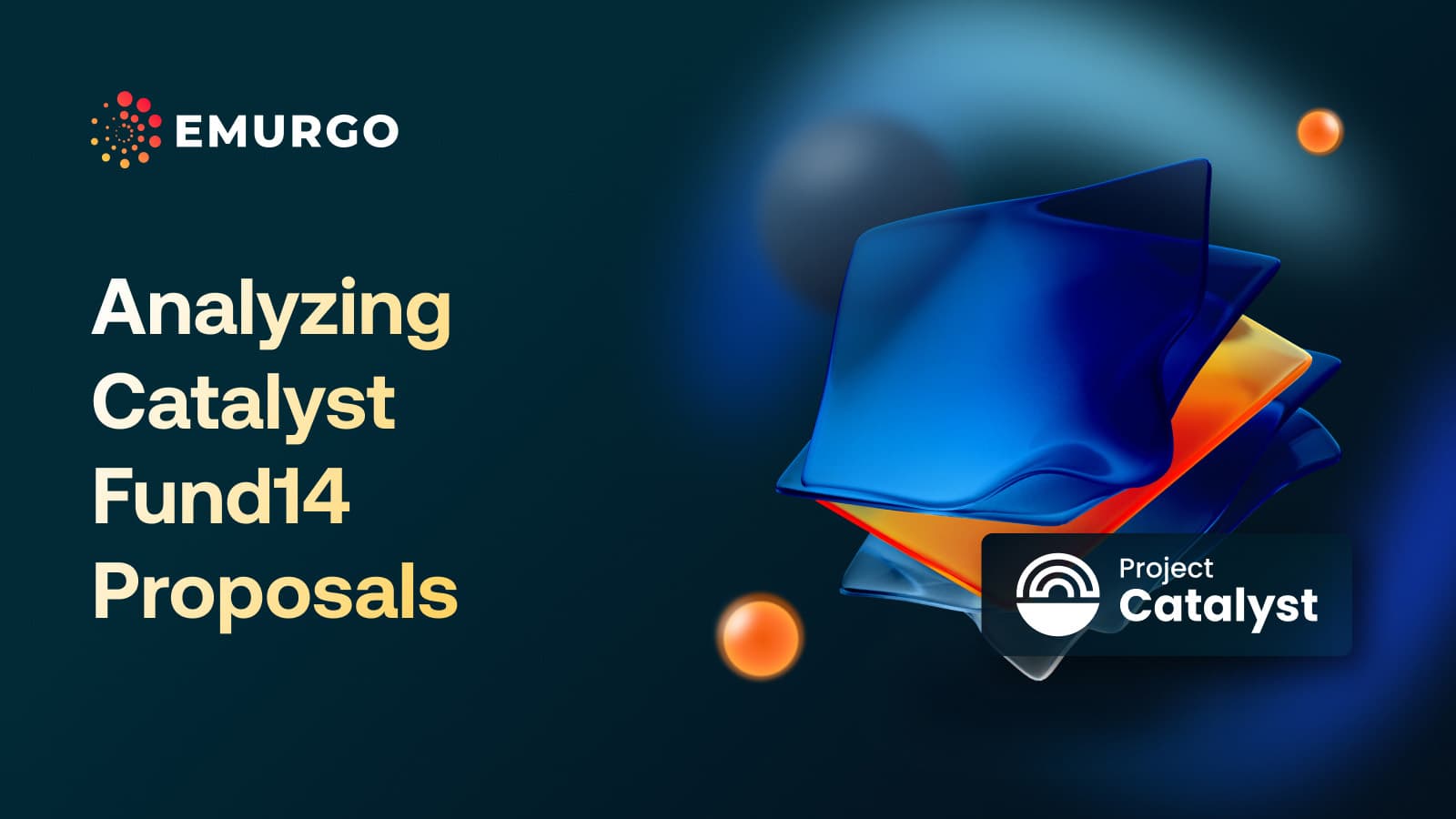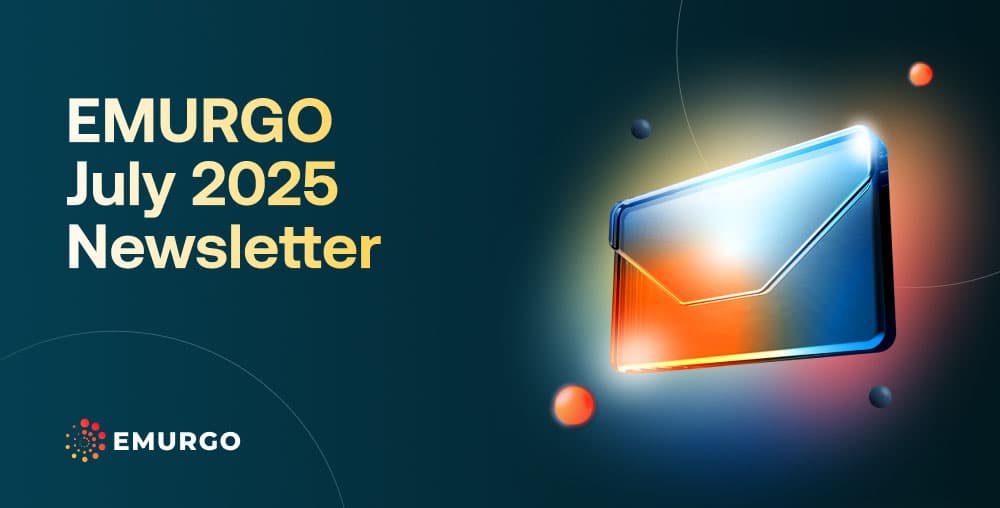NFTs (non-fungible tokens) and blockchain technology offer an expanding range of business use cases these days, going beyond verifying ownership of images and video.
Nowadays, businesses and individuals gradually recognize their power to revolutionize real-world asset ownership and transactions.
In the business world, many companies have experimented with integrating NFTs into their products and services, especially to optimize strategic marketing campaigns.
While others may overlook this aspect, understanding how NFTs complement and make marketing practices more efficient for businesses from a cost and resource perspective can become a valuable strategy as worldwide consumers increasingly prefer digital interactions over physical ones.
In this blog, we’ll discuss five ways NFTs can potentially transform and add unique value to business marketing strategies.
How Businesses Can Use NFTs for Marketing Purposes
A company’s target consumer demographic and their interests and preferences are important when crafting an NFT marketing strategy.
Every industry and sector has its own unique consumer characteristics: music, food and beverages, collectibles, real-world assets, etc.
These consumer preferences should be taken into account when creating a unique narrative that pairs a company’s products and services with the utilization of NFTs in a way that makes sense for both the consumer and the company. The goal should be to add value via NFTs and blockchain technology where traditional marketing practices fall short.
For instance, an issued NFT should seamlessly integrate into a marketing campaign and not appear as a mere afterthought. A digital token could be used as a valuable item that grants access to a company’s special features, exclusive upcoming product launches, participation in limited events, discounts, and more.
This way, the NFT appears as a core feature and is not forced into the hands of users. It naturally becomes desired by passionate consumers first, and then expands its potential to spread organically through word-of-mouth, ultimately driving greater demand for the NFT.
Here are some examples of how NFTs can provide marketing benefits and specific use cases.
Related reading:

1) Provide Innovative Fan Rewards
Customer acquisition and retention is a basic target goal for companies and their marketing departments. There is a lot of heated competition between established brands and new up-and-comers to push new advertisements, promotions, and campaigns to achieve this goal.
Traditionally, marketing teams have engaged in media ads, with more turning towards social media these days through the usage of influencers, key opinion leaders (KOLs), and other related strategies.
This is where NFTs could play an increasing role and provide a new, fresh perspective on traditional marketing strategies. Marketing teams could experiment with offering limited edition NFTs to engage with their core fan base as well as raise awareness with new consumers. By setting the criteria for distributing the NFTs, marketing teams could select the target consumers they would like to reward thereby increasing consumer loyalty.
For example, Coca-Cola created a multisensory friendship-inspired NFT box, including a virtual-world spin on Coca-Cola merchandise. Each NFT within the box came with a myriad of different rewards, including:
- A sound card NFT of Coke dripping from a soda fountain
- An NFT that grants the owner access to special privileges
- A digital clothing NFT that the owner can place on their metaverse character
- The right to redeem an actual special-edition Coca-Cola refrigerator
This strategy appealed to its core fan base as well as drove interest with more general consumers interested in emerging technologies such as Web3 and NFTs.
2) Offer Exclusive Limited Edition Items With Transparency
Some people choose to invest in vintage wine and premium spirits as an asset class, or in other vintage assets.
They believe that some of these are a way to have portfolio exposure that is uncorrelated with the traditional financial markets.
However, they can sometimes become vulnerable to forgery and counterfeit labeling by unscrupulous sellers. Due to the lack of transparency and knowledge, some investors may find it difficult to verify the authenticity of their intended purchases.
This can also be dangerous for human health, as some consumable vintage assets can be tampered with, and deemed unsafe for human consumption.
To counter this lack of transparency and raise trust with their younger consumers by embracing a new form of technology, wine brand Robert Mondavi and its marketers created a special NFT collection as a tribute to the year Mondavi was founded.
This special-edition wine collection called “MCMLXVI” included 1,966 uniquely designed porcelain in 1.5L wine bottles, with blends created by famous winemakers. Each bottle was represented as a generative artwork NFT that could be redeemed for the actual wine bottle. NFT holders could also gain access to a special wine-tasting event.
The NFT provided a safe way to transparently verify relevant information about the wine bottles by leveraging the immutable nature of blockchain technology while also fostering wider promotional exposure for their wine label.
Read more: Insights into how NFTs have transformed the premium spirits industry
3) Promote Commemorative Items, Milestones, and Dates
Formula 1 is a global sport, but many of its live sporting events come up with extremely high price tags, thereby making it cost-prohibitive for the average fan.
For popular brands and companies looking to create more accessibility for fans and consumers, NFTs can offer a modern technological vehicle that enables broader participation on a global scale with lesser marketing costs and more affordable access.
Highly visible and established brands typically have a huge following with important historical dates and figures, company milestones, and other commemorative items. These can all be digitally represented as NFTs with unique artwork, be redeemable for access to company-related goods and services, and even traded in the secondary market.
For example, McLaren is no stranger to the world of digital collectibles and NFTs. In McLaren’s case, they created a collection of NFTs that would commemorate each of the 23 races of a particular racing season. All NFTs would be given away for free during each race. Each collector would get:
- A collectible NFT issued by McLaren that can be traded in a secondary market
- A chance to attend a race in person
- Eligibility for other related prizes
The collection was a major success for Team McLaren, having issued them to over 600,000 NFT holders, and stirring up a lot of interest with both its core fan base as well as the NFT community.
Read more: How pro sports is leveraging NFTs to engage with consumers
4) Provide Transferable Discounts and Coupons
Coupons and other discounts have always faced a problem where a potential consumer who wants to use a service may not have the proper ticket or coupon, while one who does may not want or need it.
One solution has been for the holder to sell it on a secondary market, but this also requires the need for verification and trust between the buyer and seller or the involvement of a third party to provide that trust for a fee.
Some brands and marketing teams decide to take a shotgun approach, providing tens of thousands or even hundreds of thousands of discounts, in the hopes that a small percentage of them will be redeemed, and write them off as a marketing cost.
This is where NFTs could provide a new potential solution by being transferable at little to no cost due to their digital nature with verification and transparency inherently provided through the usage of blockchain technology.
As noted in the examples above, NFTs are also tradable, enabling owners to sell them to others in an instant with complete transparency and authenticity through the usage of secondary markets and digital asset wallets.
5) Raise Charitable Funds
Corporate responsibility is a major consideration and priority for many brands and companies. However, initiatives such as raising money for charity can sometimes be tricky to promote and market effectively, especially when the goal is to raise as much money as possible.
Here, NFTs can offer a potential solution, where the token provides transparent proof that a person or group contributed to a given charity and enables royalties from token resells to generate income for the designated charity.
For example, MAC Cosmetics is a global brand that decided to create an NFT collection to collect funds for Global HIV/AIDS Day.
Once a consumer adds the NFT to their wallet, 100% of primary NFT sales and 2.5% of secondary resales go to the M·A·C VIVA GLAM Fund and the Keith Haring Foundation, to support healthy futures and equal rights for youth living with or affected by HIV/AIDS.
This creates a market where donations can be generated over longer periods than the initial sale. The NFTs were divided into categories:
- Keith Haring Red – Rare ($25) – up to 5,000 minted on demand
- Keith Haring Blue – Exclusive ($150) – 250 pieces
- Keith Haring Yellow – Icon ($1,000) – 25 pieces
The collection sold completely, making it a very successful campaign to help with the HIV/AIDS epidemic and raise awareness in the process.
NMKR: Removing the Technical Barrier to Launching NFTs
NMKR is an NFT and Tokenization platform service leveraging the Cardano blockchain to enable businesses and individuals to quickly create NFTs of various assets. Providing plug-and-play tools that do not require coding knowledge removes many of the technical barriers to getting started.
As an established go-to platform in the Cardano ecosystem, NMKR’s services have been used by businesses, gaming projects, creators, and more to successfully mint NFTs of various assets including e-books, diamonds, video game items, and more.
Its products including NMKR Studio and NMKR Pay with multi-language support allow anyone to enter the Web3 space seamlessly and also offer traditional fiat payment options to mint their NFTs.
Follow EMURGO on X and LinkedIn for More Tokenization Content
Want to stay up-to-date on the latest business use cases for NFTs, such as real-world asset tokenization, DAOs, and more?
For more content, follow EMURGO on X and LinkedIn.
About EMURGO
- Official Homepage: emurgo.io
- X (Global): @EMURGO_io
- YouTube: EMURGO channel
- LinkedIn: @EMURGO_io
Disclaimer
You should not construe any such information or other material as legal, tax, investment, financial, or other advice. Nothing contained herein shall constitute a solicitation, recommendation, endorsement, or offer by EMURGO to invest.



